
They say you can’t win your fantasy football league in the first round, but you can lose it. Basically, everyone should be getting an excellent player in the first round, and your job is to just avoid the failures. Sure. Makes sense.
The unspoken corollary, then, is that you might not be able to lose your fantasy league in the late rounds, but you sure can win it. Early in drafts, you want to avoid the pitfalls. Later, you want the ceiling.
You know who doesn’t offer high fantasy ceilings? Defenses.
Yes, many fantasy leagues have chosen to forgo the kicker and DST positions. If that is your league … I mean, read this anyway, because it’ll help my time-on-page numbers (and thanks!), but everything that follows might not be for you. But if your league still has a team defense, then the below should really inform your draft strategy for 2023.
The top-scoring fantasy defense in 2022 was the Patriots, at 173 points.
(An aside: Every fantasy host site scores defense slightly differently. So I’m using ESPN’s scoring here, and your host might have different numbers, but I’ll be happy to declare now that slight changes in scoring won’t change the overall point I’m making.)
Anyway, top defense, Patriots, 173 points. That was in the mid-80s in overall scoring, between Andy Dalton (174.2 PPR points) and Gabe Davis (171.6). The top-drafted defense by average draft position, the Bills, finished as the DST5, with 138 points, around 125 overall, between Rachaad White and Dawson Knox. That was how it went in 2022, but rest assured, every year we get roughly those sort of results.
Tl;dr: We’re bad at identifying which team will be the top defense in a given year, and even if we were good at it, it wouldn’t score that many points.
But what’s the alternative? You have to draft a defense (in most leagues), and isn’t it better to draft a unit we think could be the No. 1 rather than one we don’t think could?
What follows below is my attempt at the alternative, and it’s an alternative that requires exactly zero football knowledge. If you can’t tell Justin Jefferson from Jordan Jefferson, Saquon Barkley from Charles Barkley, this should still work. I’ve done it for seven years now, and I’ve found it to work every time. That said, I do the research for this one as I write, so maybe this is the year I’ll fall flat on my face, and we can all find out together. Let’s go, and let’s see if I look dumb at the end.
The Score to Beat
As I mentioned above, we have two goals here: The score of the top-drafted defense — which would the best we can really hope for before the season — was 138. The top-scoring defense — the best we could hope for in a utopia — was 173.
If we score at least 138, we beat the entire drafting community from 2022 (and get a top-five defense). If we get 173, we beat the entire NFL.
The Methodology
First, a point: Last year, defenses facing the Rams (185), Texans (181) and Colts (178) all accumulated more total points than the Patriots defense scored. Another three teams allowed more defensive scoring than the Bills unit put up. In other words, the team a defense is facing is at least as important, and arguably moreso, than the defense itself. That’s our starting lesson.
Now, remember, the goal of this method is to require exactly zero football knowledge. So no, I’m not going to say “study the matchups and find the backup quarterback who is starting” or “identify the elite secondary against the bad receivers.” That’s too much work. All you need here is a link to the NFL schedule, and maybe a calculator if dividing by 3 is too taxing.
Here’s what you do:
- Average each team’s points scored over the last three weeks
- Stream a DST facing one of the three lowest-scoring teams
- End of methodology!
That’s literally it. For Weeks 2 and 3, before there are three weeks of game to average, just take the points scored so far. For Week 1, we’re not going to try anything fancy — just take the average defense score from the Week 1 (for 2022, we get 6 DST points for Week 1; that feels reasonable).
The Results
That gives us three (sometimes four when there was a tie in PPG averages) DSTs a week to pick, basically at random. With that information, I created three sets of results:
- The results if we happened to pick the best scorer each week (unlikely, but just for the exercise)
- The results if we happened to pick the worst scorer each week (obviously, equally unlikely)
- The average score
I took those results (and the Buffalo DST’s score, for comparison), and … let’s take a look:
By the skin of its teeth, my method survives another season. But even if it had come in a few points below the Bills defense, instead of 1.3 points ahead, the point holds. My method asks you to avoid taking a defense until as late as possible — or not at all — and gives you basically the same result as if you had burned a 10th-round pick on the unit.
A couple points to address:
- Yes, the Bills unit lost an extra game because of the Week 17 cancellation, and without that they probably — though not definitely — would have beaten our exercise. But we can only account for what happened. And if we had instead opted for the second-drafted defense, taken only five picks after the Bills unit, we’d have gotten … the Buccaneers, whose DST scored only 97 points. So we did fine.
- Unless we got insanely lucky and landed on the best defense in our random sample every week, we were probably getting handily beaten by the Patriots defense. But then that Patriots DST was only drafted 12th among DSTs last year, so unless you have some reason to believe you are better than the entire drafting community at identifying the defense to draft in a given season — and I’m skeptical — you can’t count on nailing that.
- There’s also the unlikely scenario, highlighted above, that you stumble into the worst defense each week and only put up 56 DST points for the season. That would stink! But also, we’re talking about the fringe of our lineup, and I’ll take the chance at the upside of this method.
- Man, the Bills DST really tried to make this method look bad in Weeks 1 and 2 before cooling off.
Remember, this method assumes no football knowledge. In Week 1 last year, the Packers scored only 7 points, qualifying them for a defense to stream against in Week 2, when they faced the Bears. That Bears unit was well known as one of the league’s worst and was facing Aaron Rodgers. Was anyone who knows anything about football really streaming the Bears against the Packers in Week 2, and getting the measly 2 points the unit produced? I’m skeptical.
In other words, knowing absolutely nothing about football had you roughly equal the No. 1 defense by ADP. If you knew anything at all about football. The Patriots scored 16.7 points per game in Weeks 1-3 and didn’t qualify for our selection, but in Week 4 they were starting Brian Hoyer. Our know-nothing manager never would have streamed a defense against them. You, smart person? You might have.
OK, So?
That’s a lot of work, though, right? If we can get basically the same production from a single draft pick as we can from using our calculator and schedule all year long, isn’t it worth sacrificing that work to just get the known quantity?
Well, remember our starting point. You can’t lose your fantasy league later in the draft, but you can win it. And we more or less know a defense is never going to be the primary difference maker over a season, like with last year’s top defense putting up Andy Dalton numbers. So if you pass on taking the top defense and draft one as late as possible, you can shoot for the upside earlier.
Last year, the Bills defense was drafted 118th. If you had passed on them then, you might have gotten Skyy Moore or Hunter Henry and been disappointed. Because sure things don’t exist down there — otherwise they wouldn’t be down there. So maybe it wouldn’t have worked. But there are other names you might have gotten. Maybe you pass on the Bills and get Skyy Moore. But maybe you pass on the Bills and get Tyler Allgeier (ADP 131), Garrett Wilson (134) or Justin Fields (142). You never know what pick is going to make the difference. So the best strategy is to take as many bites at the apple as you can.















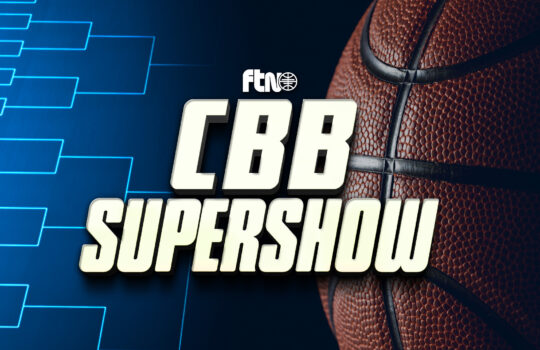






















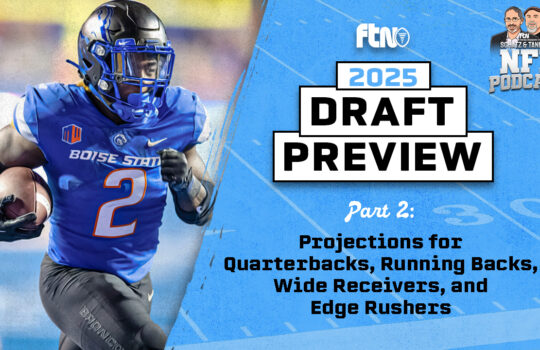

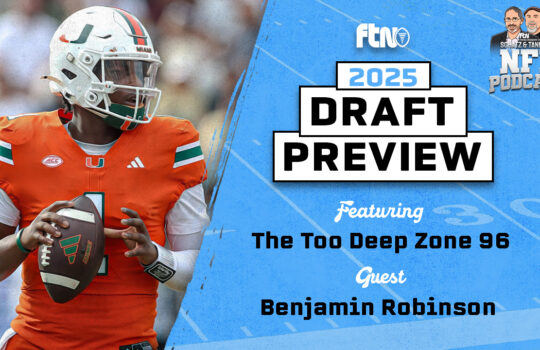









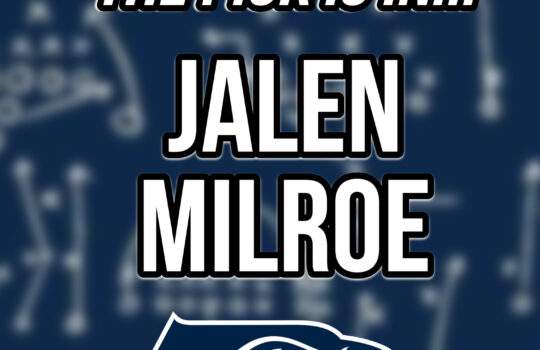

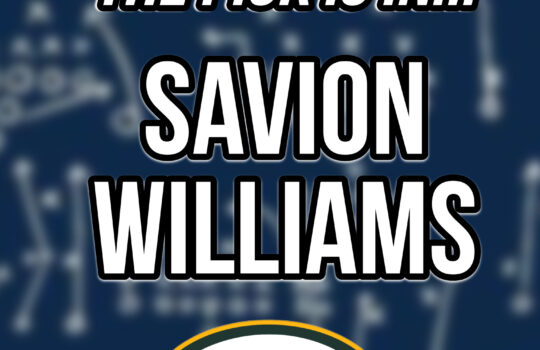

 New York Jets
New York Jets  New England Patriots
New England Patriots 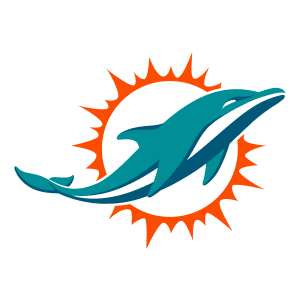 Miami Dolphins
Miami Dolphins  Buffalo Bills
Buffalo Bills  Pittsburgh Steelers
Pittsburgh Steelers  Cleveland Browns
Cleveland Browns  Cincinnati Bengals
Cincinnati Bengals  Baltimore Ravens
Baltimore Ravens 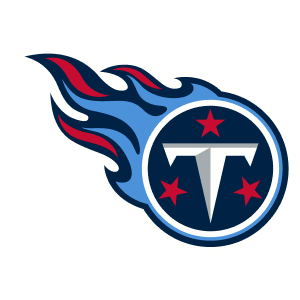 Tennessee Titans
Tennessee Titans  Jacksonville Jaguars
Jacksonville Jaguars  Indianapolis Colts
Indianapolis Colts  Houston Texans
Houston Texans  Las Vegas Raiders
Las Vegas Raiders  Los Angeles Chargers
Los Angeles Chargers  Kansas City Chiefs
Kansas City Chiefs  Denver Broncos
Denver Broncos  Washington Commanders
Washington Commanders  Philadelphia Eagles
Philadelphia Eagles  New York Giants
New York Giants  Dallas Cowboys
Dallas Cowboys  Minnesota Vikings
Minnesota Vikings  Green Bay Packers
Green Bay Packers  Detroit Lions
Detroit Lions  Chicago Bears
Chicago Bears  Tampa Bay Buccaneers
Tampa Bay Buccaneers  New Orleans Saints
New Orleans Saints  Carolina Panthers
Carolina Panthers 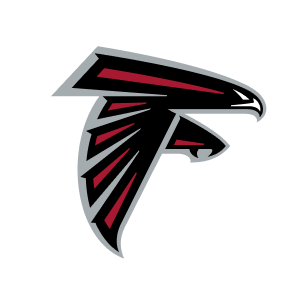 Atlanta Falcons
Atlanta Falcons  San Francisco 49ers
San Francisco 49ers  Seattle Seahawks
Seattle Seahawks  Los Angeles Rams
Los Angeles Rams 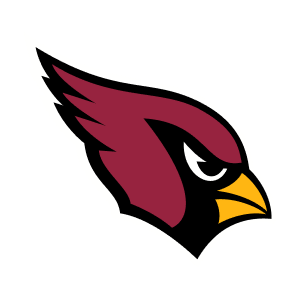 Arizona Cardinals
Arizona Cardinals 

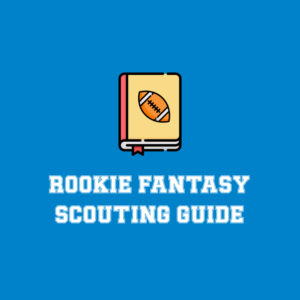


 Boston Celtics
Boston Celtics  Brooklyn Nets
Brooklyn Nets  Philadelphia 76ers
Philadelphia 76ers  New York Knicks
New York Knicks  Toronto Raptors
Toronto Raptors  Chicago Bulls
Chicago Bulls  Detroit Pistons
Detroit Pistons  Milwaukee Bucks
Milwaukee Bucks  Cleveland Cavaliers
Cleveland Cavaliers  Indiana Pacers
Indiana Pacers  Orlando Magic
Orlando Magic 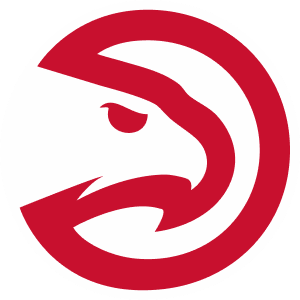 Atlanta Hawks
Atlanta Hawks  Charlotte Hornets
Charlotte Hornets  Miami Heat
Miami Heat  Washington Wizards
Washington Wizards  Denver Nuggets
Denver Nuggets  Minnesota Timberwolves
Minnesota Timberwolves  Oklahoma City Thunder
Oklahoma City Thunder  Portland Trail Blazers
Portland Trail Blazers  Utah Jazz
Utah Jazz  LA Clippers
LA Clippers  Golden State Warriors
Golden State Warriors  Los Angeles Lakers
Los Angeles Lakers  Phoenix Suns
Phoenix Suns  Sacramento Kings
Sacramento Kings  Dallas Mavericks
Dallas Mavericks  Houston Rockets
Houston Rockets  Memphis Grizzlies
Memphis Grizzlies  New Orleans Pelicans
New Orleans Pelicans  San Antonio Spurs
San Antonio Spurs 









